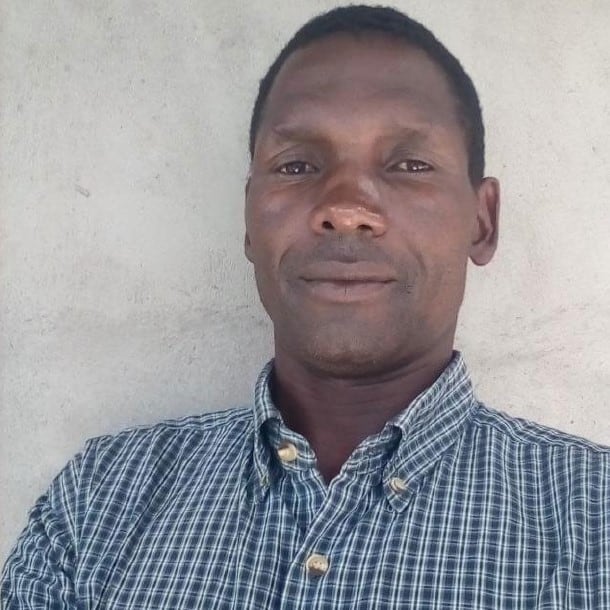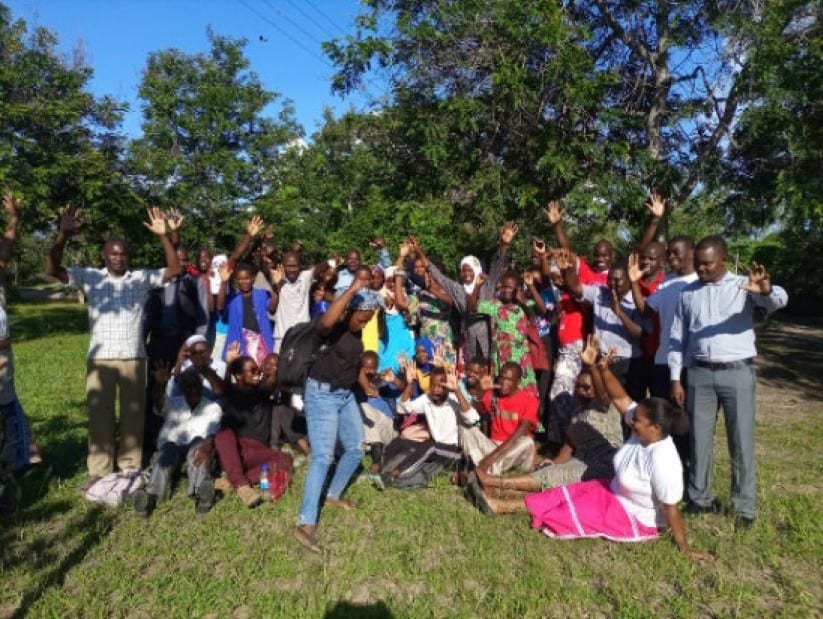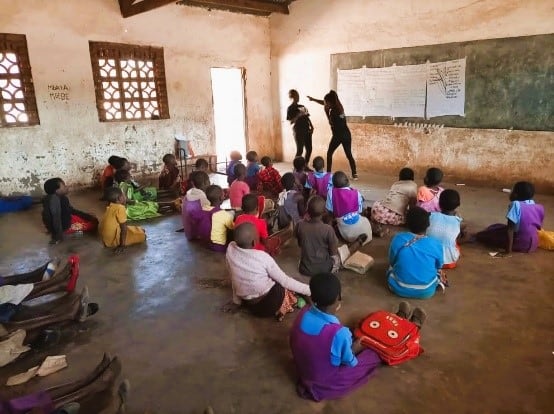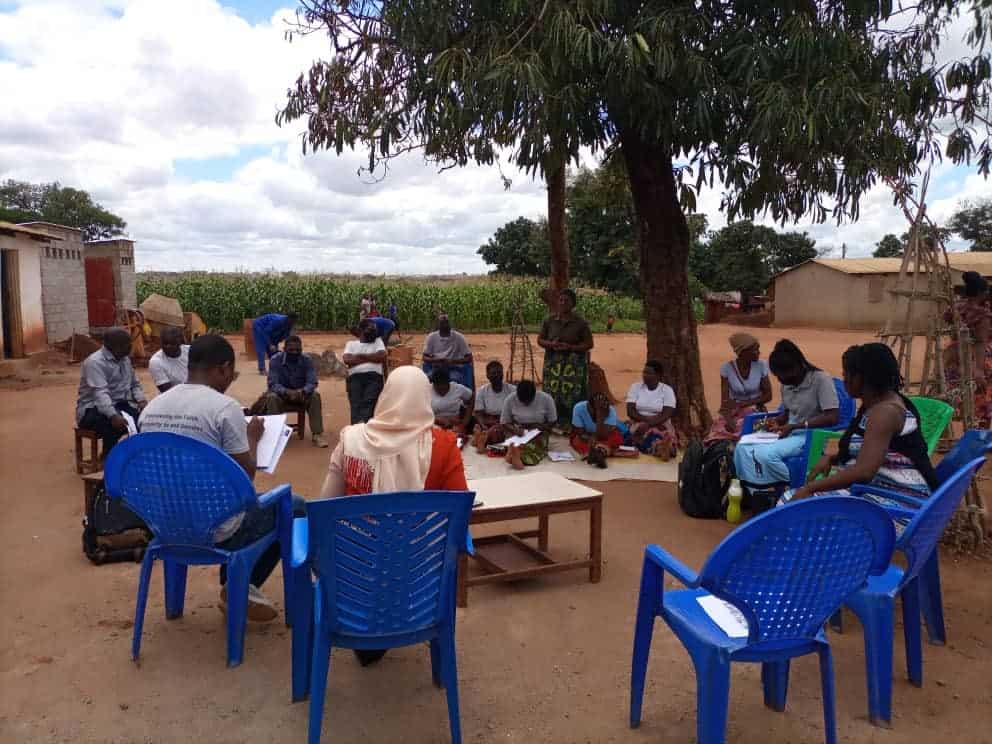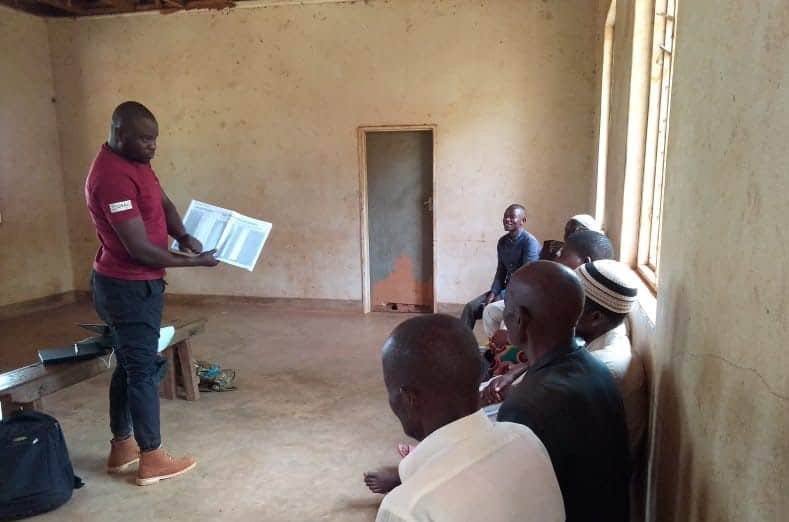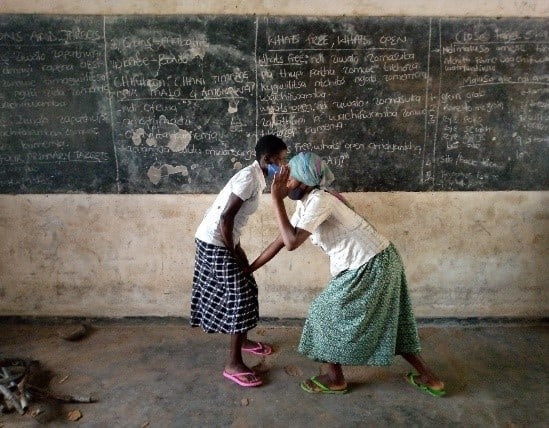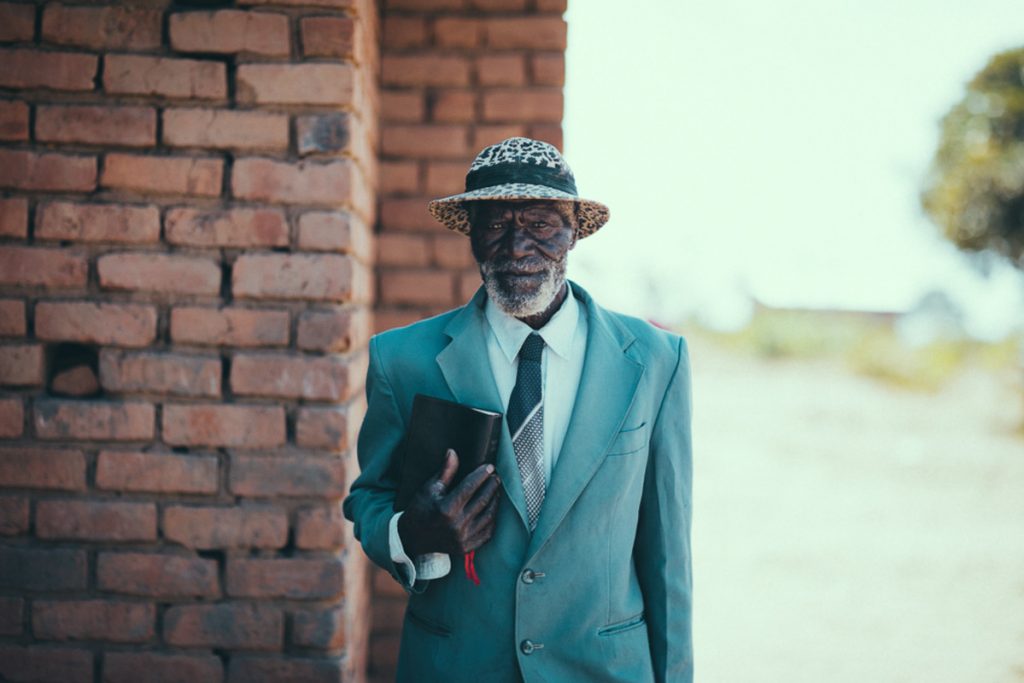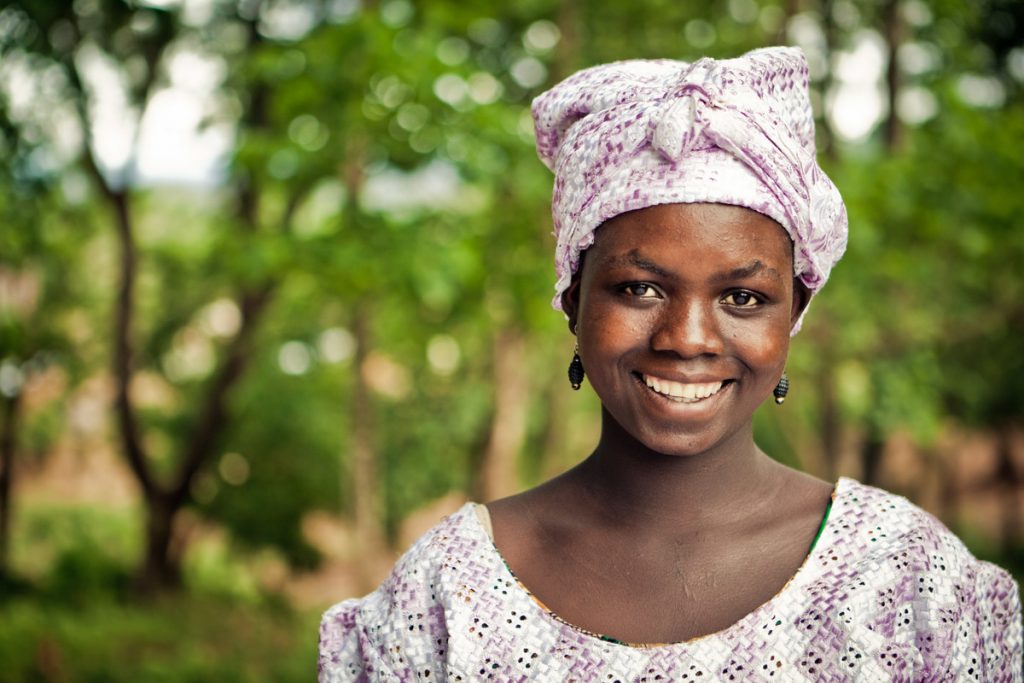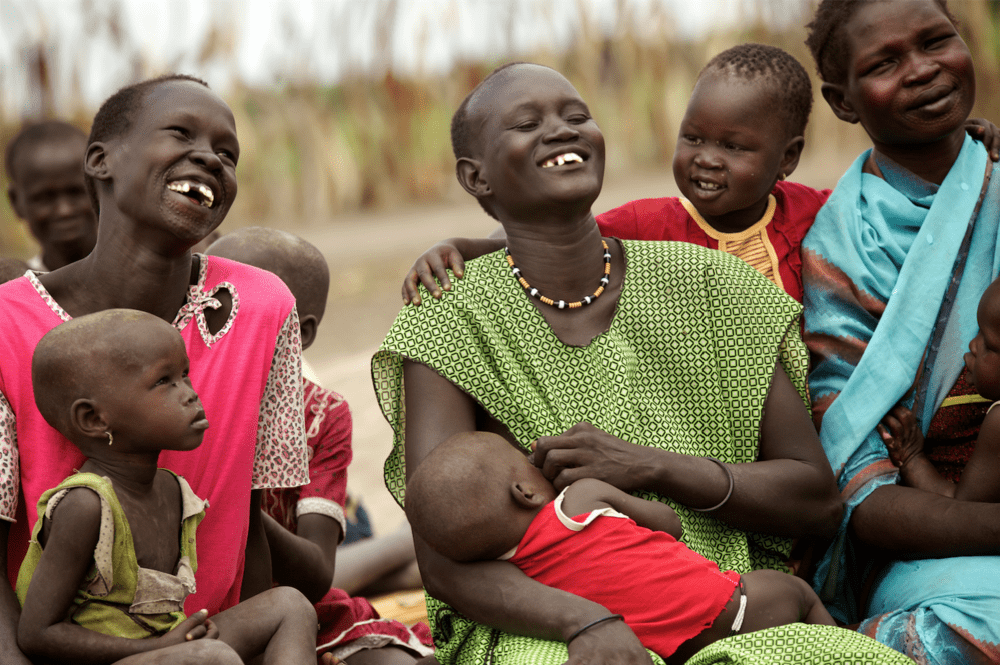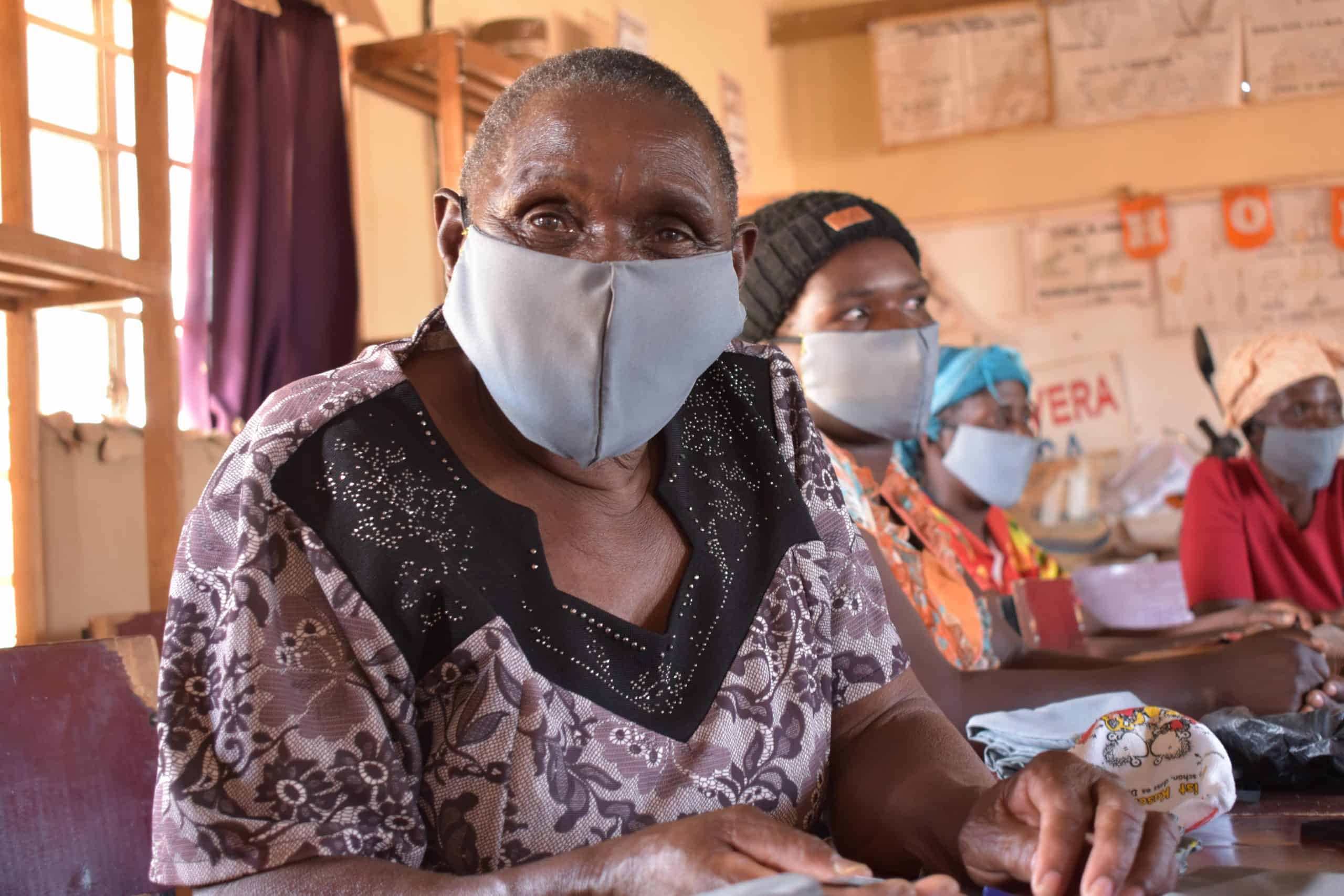SCOPE HIV
Partnering with faith communities to address gender as a driver and a barrier in Malawi's HIV epidemic
Today, 1.1 million people in Malawi are living with HIV, with 33,000 new HIV infections each year. New HIV infections have been steadily declining as Malawi moves toward epidemic control, but it will be critical to address gender norms to sustain this momentum. Malawi's faith communities are integral partners with tremendous influence in the lives of individuals across the country.
World Relief has a long history of working with local faith communities. We are engaging these community leaders to break the silence around harmful gender norms, which are a barrier to men and youth and a risk factor for adolescent girls and boys.
The SCOPE HIV Project
Strengthening Community Health Outcomes Through Positive Engagement HIV (SCOPE HIV) is a two-year PEPFAR-funded project (through USAID) focused on two objectives: 1) HIV prevention through case finding, referral, and return to care, and 2) raising awareness and justice for children by engaging faith communities, men, young women, and youth at the grassroots level in Malawi.
Our Approach
SCOPE HIV layers evidence-based approaches and saturates traditional authorities in priority districts in need of aggressive scale-up to meet Malawi's 95-95-95 goals: 95% of people living with HIV know their status, 95% of people who know their status are on treatment, and 95% of people on treatment achieve viral suppression. Viral suppression means that the person living with HIV can no longer transmit the virus to others.

Faith Leader Engagement
Faith leaders play a key role in helping communities break the silence around HIV and dispel common myths. SCOPE HIV will engage nearly 1,400 faith leaders through Messages of Hope to reduce HIV stigma and promote positive messages about available testing, care, and treatment for HIV. Through disseminating these messages with their congregations, faith leaders will reach nearly 70,000 people with HIV treatment literacy.

Reaching and Safeguarding Children
SCOPE HIV will keep children safe and model how to implement child protection for community partners through supporting policies, training, and monitoring around child safeguarding. In partnership with Ujamaa Pamodzi, SCOPE HIV roll out IMPower to teach girls and boys ages 9-14 positive gender norms, self-defense, and bystander intervention skills. Thirty-nine thousand children will participate and SCOPE HIV will prevent an estimated 2,800 cases of sexual violence against children.
Reaching Households
SCOPE HIV will implement SASA! Faith informed programs to transform harmful community norms and attitudes about gender and HIV. SASA! Faith volunteers will reach their social networks (neighbors, faith communities, and extended family members) and influence change in gender norms shown to reduce violence against women and HIV-related risk behaviors. One thousand community members will design and implement action plans reaching at least 20,000 households.
Reaching Men and Youth Through Male and Youth Champions
SCOPE HIV supports grassroots activities driven by the needs and wants of men and youth living with HIV, including traditional adherence and peer support groups, couples' support groups and sports groups. HIV positive men and youth will be recruited to seek out previously undetected or unretained young men living with HIV. 1,300 HIV positive men and youth will reach nearly 16,000 other men and youth with adherence support.

Coordinating Community-level Support
SCOPE HIV works with communities to map, link, and make referrals between formal and informal supports at the grassroots level for HIV and sexual and gender-based violence services. SCOPE HIV trains volunteers to assess HIV risk, distribute HIV self-tests, support health facilities with index-testing, and link those who test positive to facilities to initiate or return to treatment. SCOPE HIV will navigate over 1,000 previously undetected men and youth into care, and over 700 men and youth back to care.

Supervision and Quality Assurance
SCOPE HIV staff supervisors and promoters will gather small groups of trained volunteers (Male and Youth Champions, SASA! Faith mobilizers, and grassroots faith leaders) monthly for ongoing training, supervision, and support. These groups provide an additional 52 hours of training and mentorship annually and quarterly observation. This approach improves the demand for health services and double intervention coverage.
SCOPE HIV Curriculum
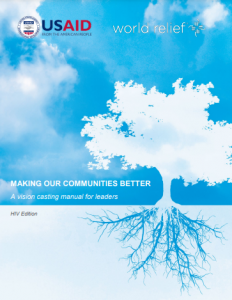
Making Our Communities Better
Helping faith leaders and faith communities understand their role in community development and to envision how improving the health of families will benefit their communities
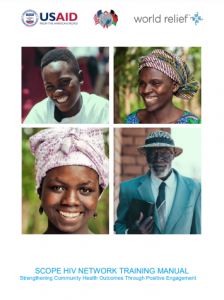
SCOPE HIV Faith Networks
Provides an overview of SCOPE HIV networks, how to establish them, assess their impact, and how to maintain the quality of the approach through supportive supervision and quality control
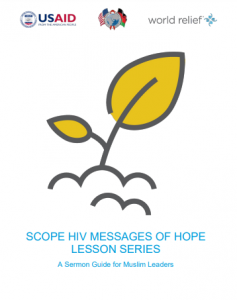
Messages of Hope Sermon Series
Grounded in principles from their religious texts, Christian and Muslim faith leaders share with their congregations information about HIV testing, treatment and antiretroviral treatment adherence
By engaging faith leaders to break harmful gender norms for almost 150,000 men, women and youth, we will bring about progress towards Malawi's 95- 95-95 goals.



